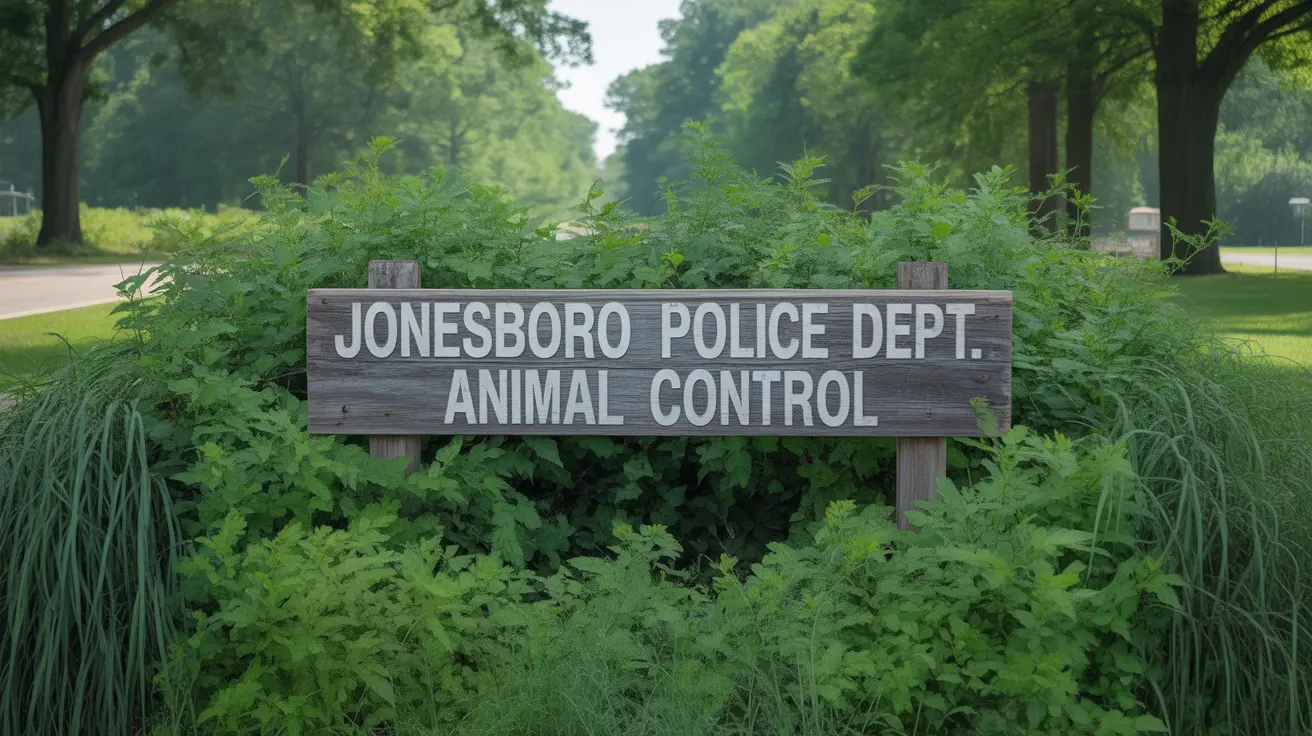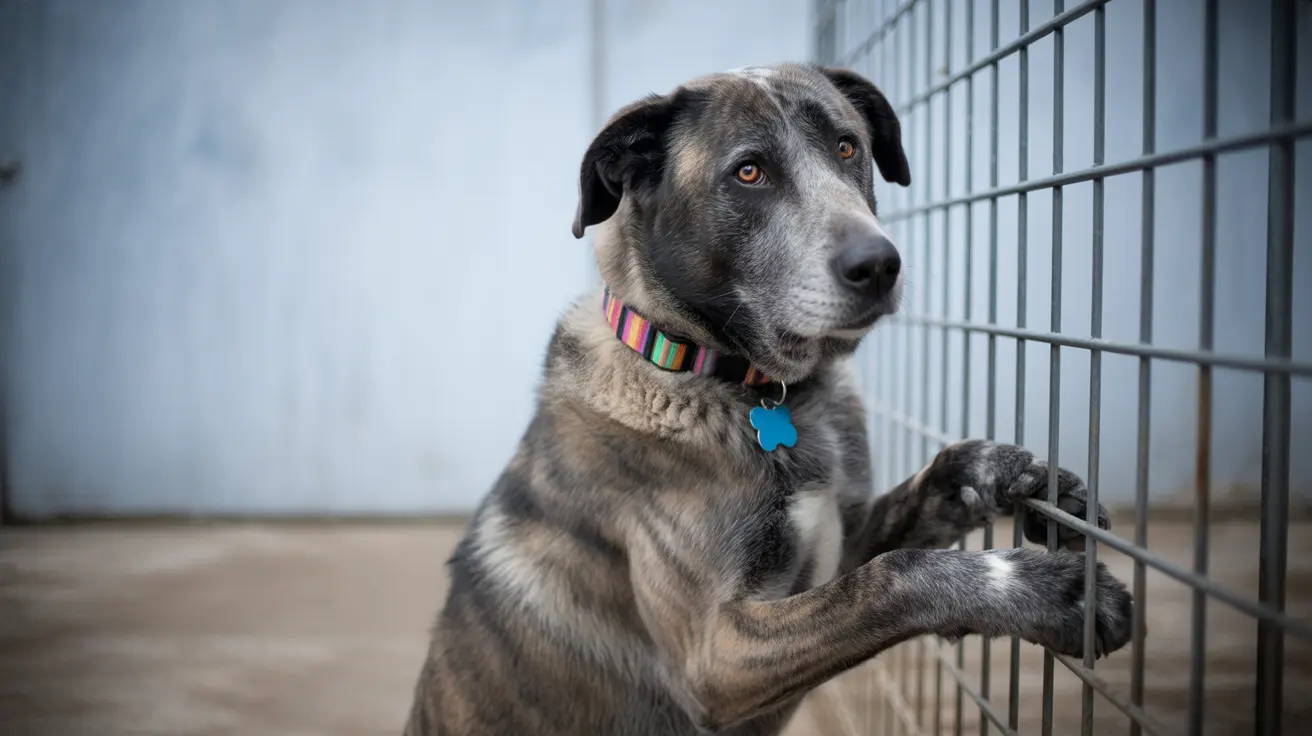Are Antlers Safe for Dogs?
Antler chews have become a staple in many pet stores, often marketed as a natural and long-lasting treat for dogs. They're made from the shed antlers of deer, elk, or moose and are touted for their ability to keep dogs occupied while providing minerals like calcium, phosphorous, manganese, and zinc. Some brands even claim that antlers help with dental hygiene and stress relief.
The Appeal of Antler Chews
Dog owners are drawn to antler chews because they last longer than most treats and can curb destructive chewing. The marrow inside is mineral-rich, which sounds healthy on paper. Many believe that these chews clean teeth through abrasion and offer a satisfying challenge for determined chewers.
The Risks: What Veterinarians Say
Despite the popularity of antler chews, the veterinary community overwhelmingly advises against them. Over 90% of veterinarians surveyed do not recommend antlers for any dog breed or age. Here’s why:
- Broken or fractured teeth: Antlers are extremely hard. Dogs—especially aggressive chewers—can quickly fracture their large upper premolars. These injuries are painful and often require costly dental procedures like root canals or extractions. Fractured teeth can also lead to abscesses or infections.
- Choking hazards: As dogs gnaw on antlers, they can splinter or break into sharp pieces that may lodge in the throat. This presents a serious choking risk or can cause an esophageal obstruction (signs include gagging, drooling, difficulty swallowing).
- Gastrointestinal blockages: Swallowed fragments can block the stomach or intestines, leading to vomiting, abdominal pain, appetite loss, or even intestinal perforation. These emergencies often require surgery.
Even if your dog has chewed antlers without issues in the past, there’s no guarantee they’ll always be safe—serious injury can happen suddenly.
Puppies and Senior Dogs: Extra Vulnerable
Puppies should never be given hard chews like antlers while their baby teeth are present (before six months old). Their developing mouths are especially susceptible to damage. Senior dogs and those with dental disease or worn teeth face higher risks as well.
- Puppies: Opt for softer alternatives such as frozen fruits (banana slices, apple pieces) or rubber chew toys until adult teeth come in.
- Seniors: Avoid all hard chews; stick with gentle options suited for sensitive mouths.
The Myth of "Safer" Antlers
Some suggest split elk antlers (with exposed marrow) are softer than deer varieties, but veterinarians still advise against them—all types carry risks. Moose antlers may have a slightly softer interior but aren’t reliably safe either.
What Are Safe Alternatives?
- Rubber toys (such as Kong or Zogoflex)
- Rope toys
- Chews carrying the Veterinary Oral Health Council (VOHC) seal of acceptance
A good rule: If you can't comfortably tap a chew toy against your own kneecap, it's too hard for your dog’s teeth.
- Avoid nylon bones, large rawhides, hooves, pig ears, bully sticks, and processed/weight-bearing bones due to similar risks.
Supervision Is Key
No matter what chew you choose, always supervise your dog during use. Check regularly for splintering or excessive wear and replace any chew that becomes small enough to swallow.
Caring for Chewers
If your dog is an aggressive chewer who seems unsatisfied by safer options, consider increasing exercise or enrichment activities beyond chew toys. Regular dental care—like brushing your dog's teeth and scheduling professional cleanings—is far more effective than relying on any chew product for oral health.
Summary List: Antler Chew Safety Facts
- The majority of veterinarians do not recommend antler chews due to high risk of tooth fractures and obstructions.
- No type of antler is considered completely safe—even split or moose varieties.
- Puppies under six months old and senior dogs should never receive hard chews like antlers.
- Choose safer alternatives like rubber toys or VOHC-approved products instead.





